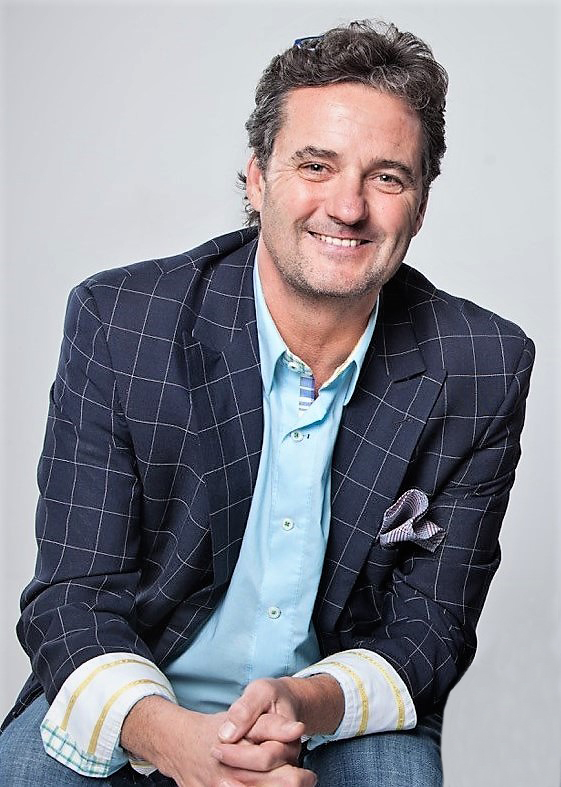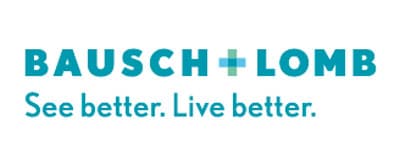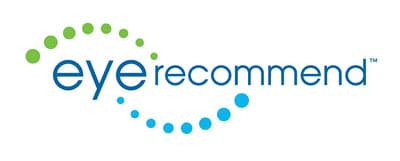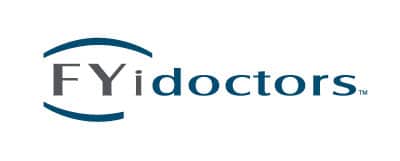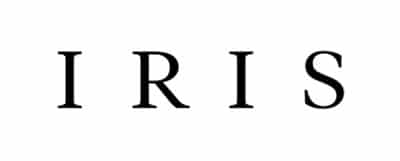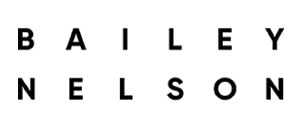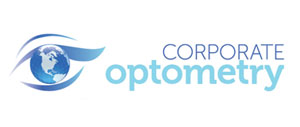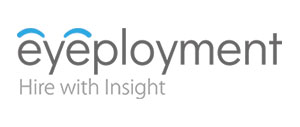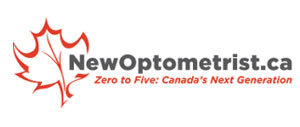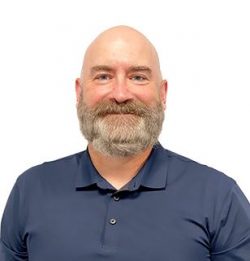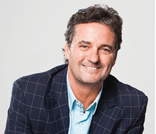
For over a decade, the Canadian real estate market has experienced growth that far surpassed any rational expectations.
In 2023, the reset of interest rates slightly cooled the market’s fervor, yet the core momentum remained unabated.
Currently, the prospect of rising interest rates looms, driven by increases in the Government of Canada’s five-year bond yields—a precursor to changes in the bank’s prime lending rate.
This development casts doubt on the possibility of interest rate relief in the spring or summer of 2024. I could be wrong.
Understand Ownership and Operating Costs
This context underscores the substantial costs of owning and operating commercial real estate for business owners.
While the residential market garners extensive coverage in media, this discussion will focus on the less-discussed commercial occupancy costs. I recently spoke with a Vancouver practitioner who highlighted a modern, high-tech development in an upscale neighborhood.
The going rate for a vacant commercial condominium there is $2,400 per square foot. Consequently, acquiring a 1,000-squarefoot space demands an investment of $2.4 million, excluding closing costs.
This price tag does not cover the additional expenses for leasehold improvements, which could ascend to another $500,000. Moreover, equipping the practice with necessary technology and equipment may require a further six-figure investment.
Hence, the total initial investment for launching a fully operational new practice in a 1,000-square-foot commercial condo in this elite Vancouver area could reach over $3 million.
This figure represents the debt burden from day one. A metaphorical $3 million ribbon-cutting ceremony, indeed. The journey to debt freedom begins thereafter, patient by patient, potentially spanning decades for the ambitious doctor.
To some, this scenario may resemble a perpetual commitment to a financial institution.
- Amortized over 20 years
- At the current prime interest rate of 7.2%
- Monthly payment: $27,557
- Total payment over 20 years: $6.6 million
- Interest cost alone: $3.1 million!
A Harsh Reality
The financial strain on a young doctor would be immense, with the pressure to generate income being nearly insurmountable. Including wages, supplies, lab fees, and other operational expenses, the breakeven point for such a practice is a minimum of $60,000 per month.
And this calculation hasn’t yet accounted for personal living expenses. Therefore, anticipate an additional $250,000 in line of credit usage within the first year, with potentially more in the second year. In summary, within the initial years, this scenario could see the doctor facing $4 million in debt.
By the third year, with some fortune, they might manage to draw a salary between $50,000 and $80,000, yet still grapple with a $4 million debt and over $25,000 in monthly interest payments.
This is the harsh reality of real estate ownership for a new, state-of-the-art practice occupying 1,000 square feet in downtown Vancouver.
For illustration, consider doubling the space to 2,000 square feet and recalculating the figures—truly startling!
Navigating this level of debt while adhering to ethical standards in practice is a formidable challenge for any doctor.
Do you have a debt repayment story to share?
Contact me at: jackie.joachim@roicorp.com – I might feature your story anonymously and enter you into a draw for a free appraisal.

JACKIE JOACHIM
Jackie has 30 years of experience in the industry as a former banker and now the Chief Operating Officer of ROI Corporation. Please contact her at Jackie.joachim@roicorp.com or 1-844-764-2020.













